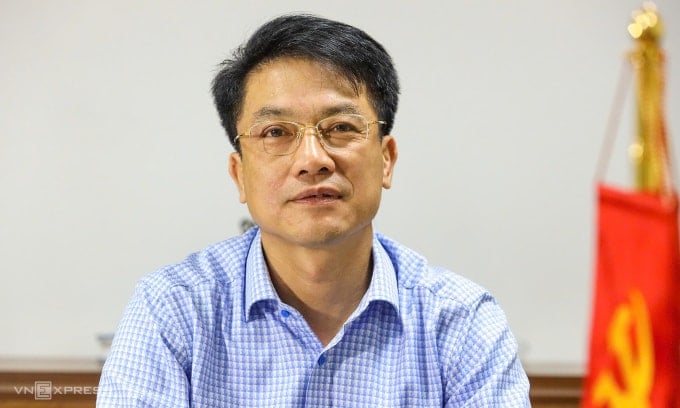
The Government has just submitted to the National Assembly a draft Law on Cadres and Civil Servants (amended), which includes the assessment of civil servants based on results and products according to job positions; the level of meeting job requirements and public service ethics. Work results will be measured by quantity, quality and progress of products (Key Performance Indicator - KPI).
Mr. Nguyen Quang Dung, Director of the Department of Civil Servants and Public Employees (Ministry of Home Affairs), said that currently, civil servant evaluation is largely a formality as the majority are classified as "performing their duties well". Meanwhile, the private sector has long applied KPIs because it is easier to quantify work.
"Building KPIs in the public sector is more difficult because the nature of administrative work is difficult to measure," said Mr. Dung, giving an example of how the efficiency of public reception officers at administrative centers can be measured by the number of documents processed, but it is difficult to quantify policy -making officers because of the long-term nature of their work. Therefore, evaluating KPIs in the public sector needs to combine quantitative and qualitative factors, including: processing progress, document quality and people's satisfaction level.
The Director of the Department of Civil Servants and Public Employees said that the development of a set of KPI criteria suitable for the characteristics of each job position will be determined by the head of the unit and implemented according to a roadmap, piloted in qualified units before expanding, with the support of work progress monitoring software. After the Law is passed, the Ministry of Home Affairs will advise the Government to issue a decree providing detailed guidance on the roadmap, criteria, and process for evaluating civil servants according to KPI.
Currently, there are many KPI assessment software being used in the business sector in Vietnam and some of them have the potential to be adapted for application in the public sector.
Khanh Hoa has officially applied KPIs throughout the political system since April 1, 2025 after several months of piloting. The province's goal is to innovate management methods, improve the quality of staff, streamline staffing based on work efficiency and eliminate the "lifetime tenure" mindset. The implementation process includes civil servants self-recording their work and leaders evaluating based on software data and direct comments.
Evaluate by KPI to eliminate "morning-to-morning-and-afternoon-afternoon" employees
Delegate Trinh Xuan An, full-time member of the National Assembly's Committee on National Defense, Security and Foreign Affairs, said that the current civil service is still heavily career-oriented, lacking a flexible mechanism to screen and replace incompetent civil servants. The situation of "just coming in, not going out", "going in with an umbrella in the morning, going home with an umbrella in the afternoon", and even "working average but still getting promoted" is common.
According to Mr. An, the underlying cause is the lack of a tool to evaluate work performance in a real way. "If the civil service does not have a clear and transparent evaluation system, it will be very difficult to detect and develop talented people, and it will also be impossible to eliminate those who do not meet the requirements," he said.
Mr. An assessed the application of the KPI-based civil servant evaluation system as a fundamental solution and in line with modern management trends. This is a method that has been implemented by the private sector for a long time with clear results, while the public sector is still hesitant and lacks determination. Therefore, the current time "is appropriate to gradually introduce KPI into civil servant evaluation".
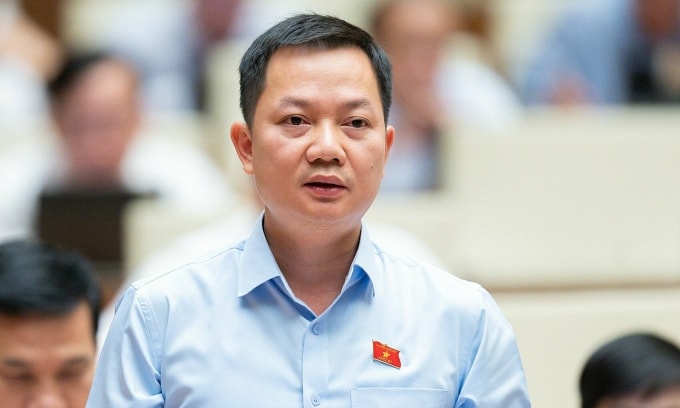
Delegate An suggested that building KPIs must be closely linked to the management role of the unit leader. They are the ones who best understand the specifics of the work and the capabilities of their subordinates and need to be directly responsible for designing the KPI system based on three factors: work results, output products and public ethics. In addition to the workload, KPIs also need to reflect the quality of implementation and administrative standards of each position and each field.
However, he also noted that KPIs cannot be built in a stereotyped manner. The criteria system needs to be designed to suit the characteristics of each industry, each level and each locality. Therefore, he proposed that the Government issue a framework decree to act as a general guideline for ministries, branches and localities to base on to build their own appropriate KPI systems.
After completing the KPI system, the unit leader must periodically evaluate subordinates monthly, quarterly and annually, and this evaluation will also become a KPI of the leader. If the manager is not objective, subjective, and evaluates in a formal way, it will be immediately reflected in the results of not achieving the KPI.
"The mechanism to control the evaluation of cadres is extremely important to avoid the situation where emotions and subjective will overwhelm reason, leading to the State losing talented people but retaining unqualified people in the apparatus," Mr. An emphasized.
He suggested that state agencies apply multi-level KPIs - from individuals, departments to collective units - similar to the performance management model of private enterprises and corporations. This is a necessary direction to modernize the civil service, create motivation and improve the quality of cadres and civil servants.
Putting the criteria "dare to think, dare to do" into KPI for evaluating civil servants
Delegate Ha Sy Dong, former Acting Chairman of the Quang Tri Provincial People's Committee, said that applying KPIs in civil servant evaluation is an important step to quantify the standards, quality and sense of responsibility of the staff. This approach will help overcome the situation of "civil servants for life" - meaning that once in the system, there is less chance of being eliminated, even if the work efficiency is low.
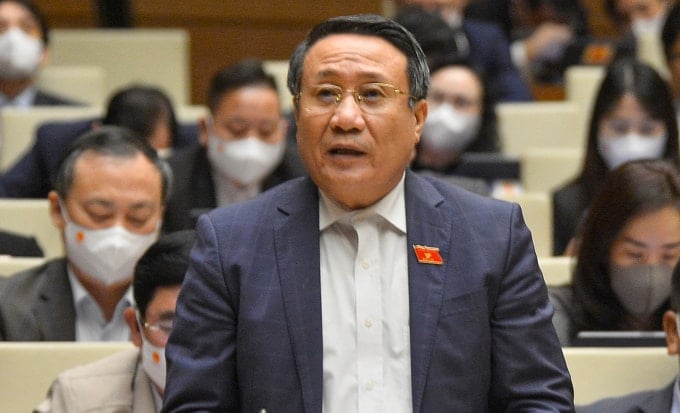
He emphasized that the development of KPIs must be closely linked to the satisfaction of people and businesses, and at the same time reflect the coordination capacity between departments, agencies and units. "Currently, the time limit for processing documents has been digitized and made public. The speed of handling procedures is the basis for evaluating the work efficiency of civil servants, especially in sensitive areas such as land, environment, investment and business," he said.
However, to avoid mechanical and stereotyped evaluation, delegate Ha Sy Dong said that KPI must be centered on people and businesses. A civil servant can complete the assigned tasks correctly, but if he continuously receives negative feedback from people and businesses, it is clear that the work efficiency has not met the requirements - from the quality of processing to the service attitude.
Another important factor proposed by Mr. Dong is to include in the KPI system criteria for evaluating the spirit of innovation and creativity of cadres and civil servants. According to him, this does not necessarily have to be a specific task, but leaders need to have criteria to recognize, score and reward those who "dare to think, dare to do", have initiatives, improve working methods, and create clear results.
"Those who are authorized to recruit and use staff must also be given the right to set KPIs for the people they manage, especially with criteria that cannot be absolutely quantified but need to be evaluated through the actual work process," he emphasized.
For example, tax officials, in addition to the task of collecting the correct and sufficient amount of tax, must also play the role of guiding and explaining policies to people and businesses - helping them not to get "lost in the matrix" of tax regulations. Customs officials also need to be evaluated not only based on the number of documents processed, but also on the level of support for people and businesses, service attitude and the ability to reduce costs, time and procedures for those carrying out import and export procedures.
"Such criteria can be quantified through surveys to assess the satisfaction of people and businesses. If people are not satisfied, it means that the official has not completed the KPI," Mr. Dong emphasized, and proposed to include the results of the public survey in the annual evaluation and summary of civil servants.
HA (according to VnE)Source: https://baohaiduong.vn/se-dung-phan-mem-danh-gia-kpi-cong-chuc-de-tranh-cam-tinh-411457.html



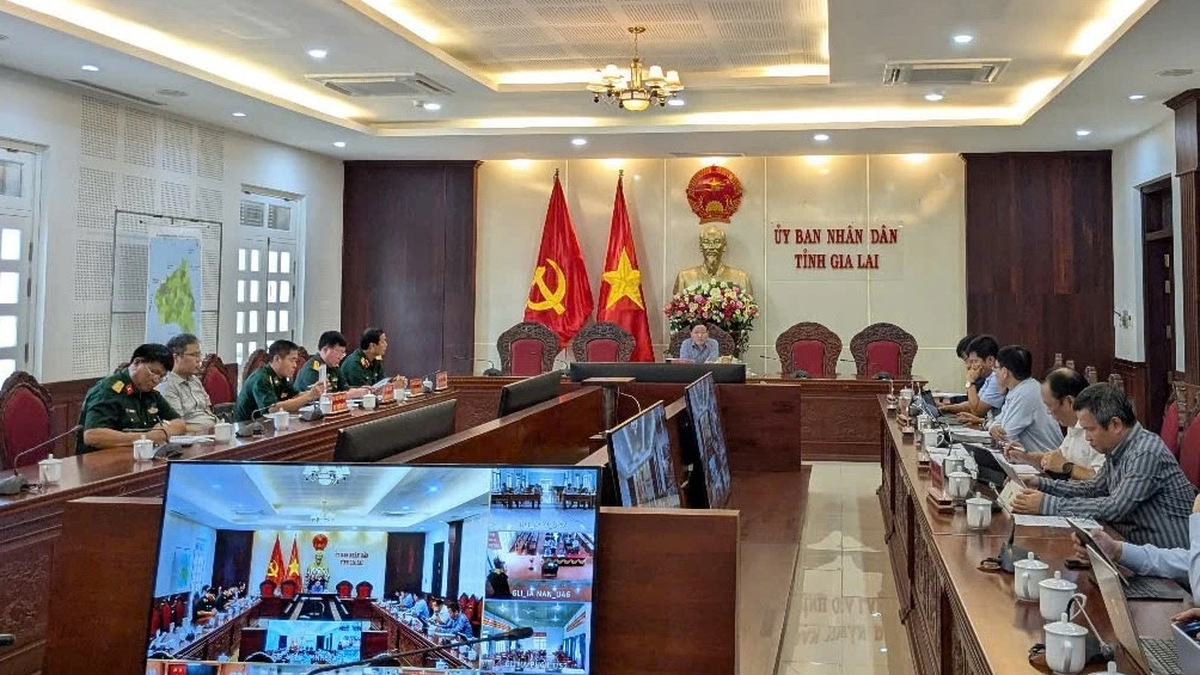



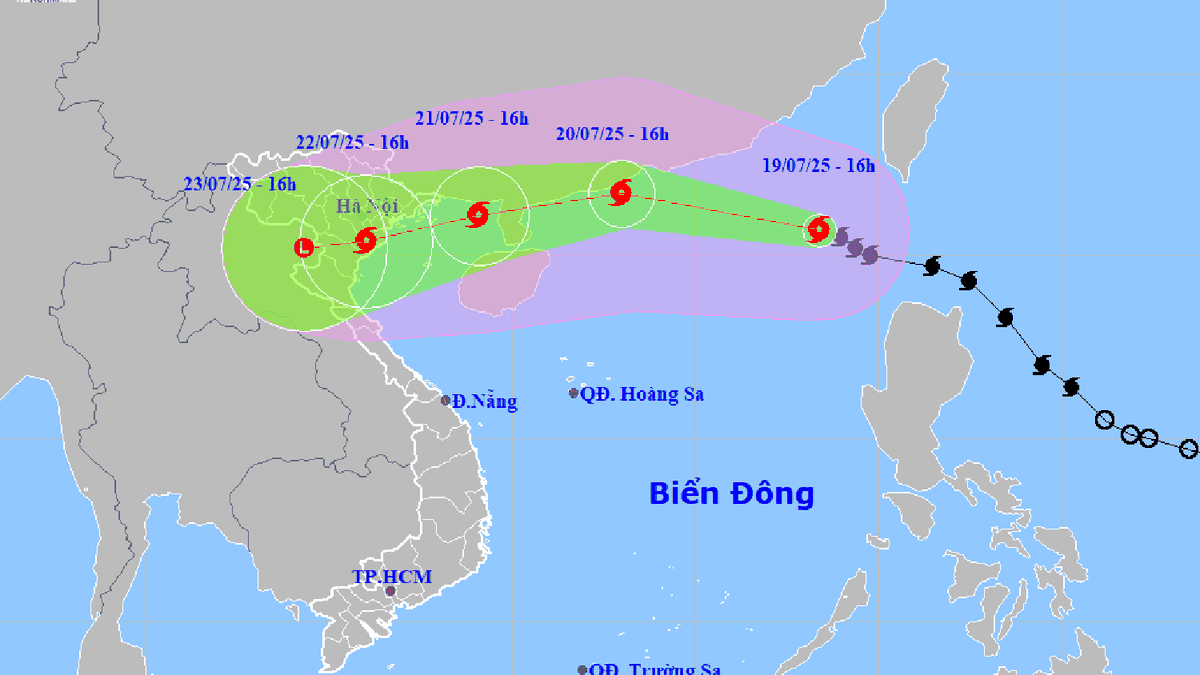

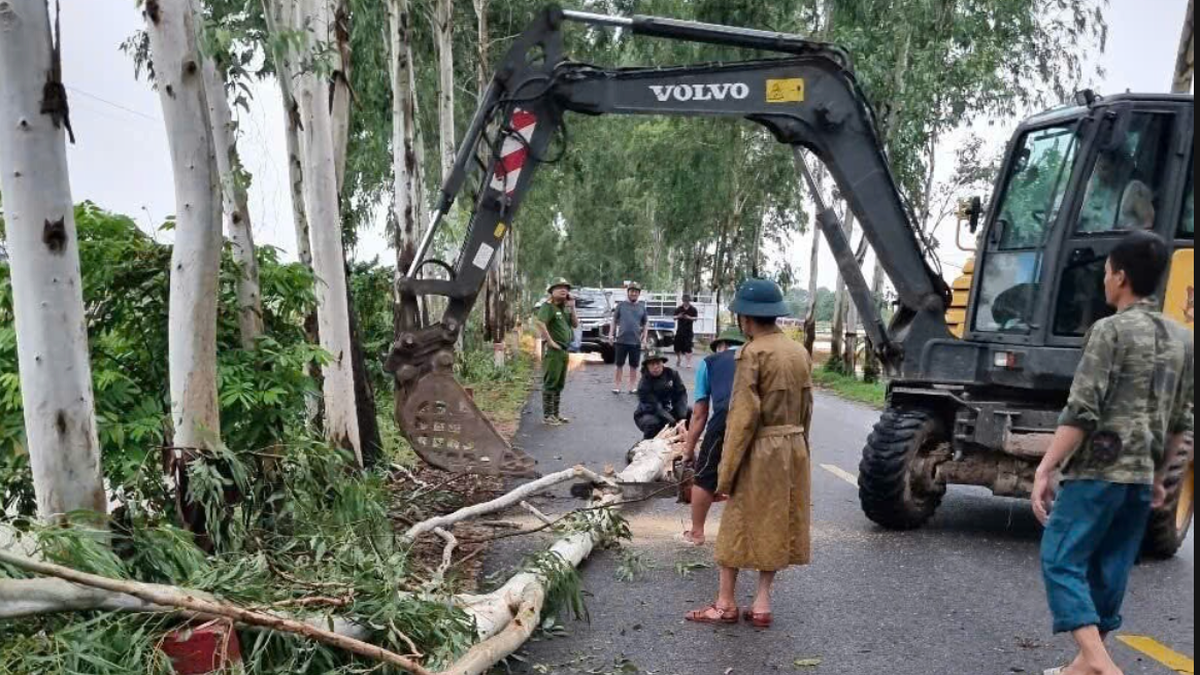
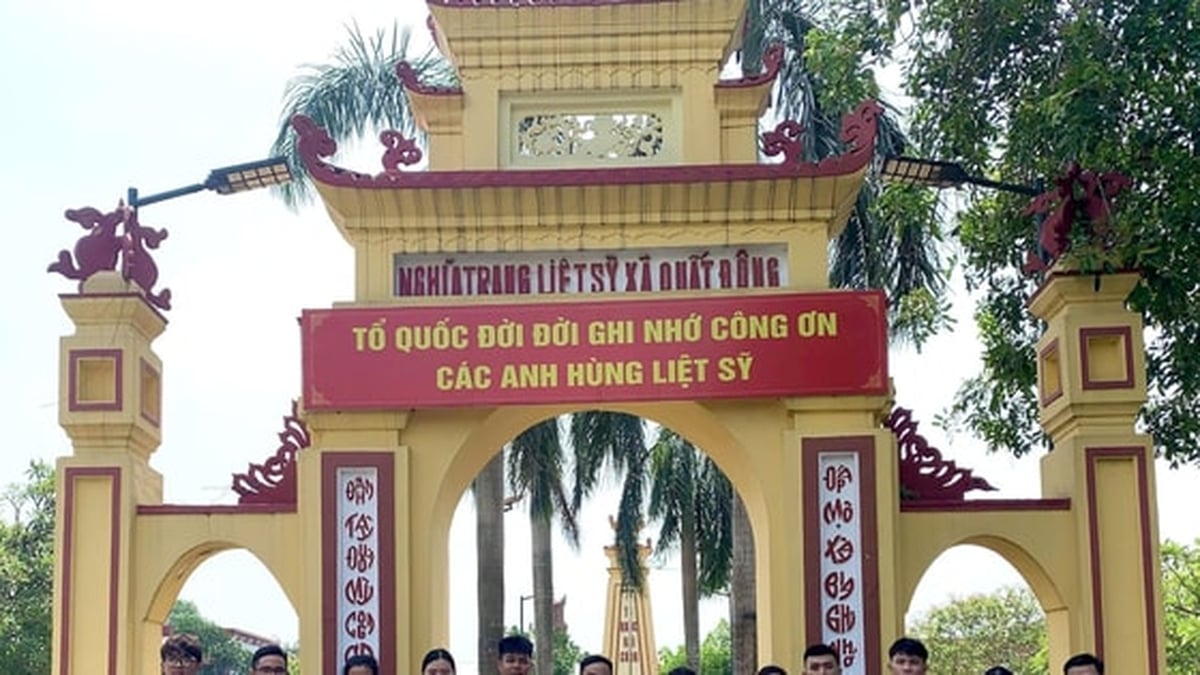
























































































Comment (0)